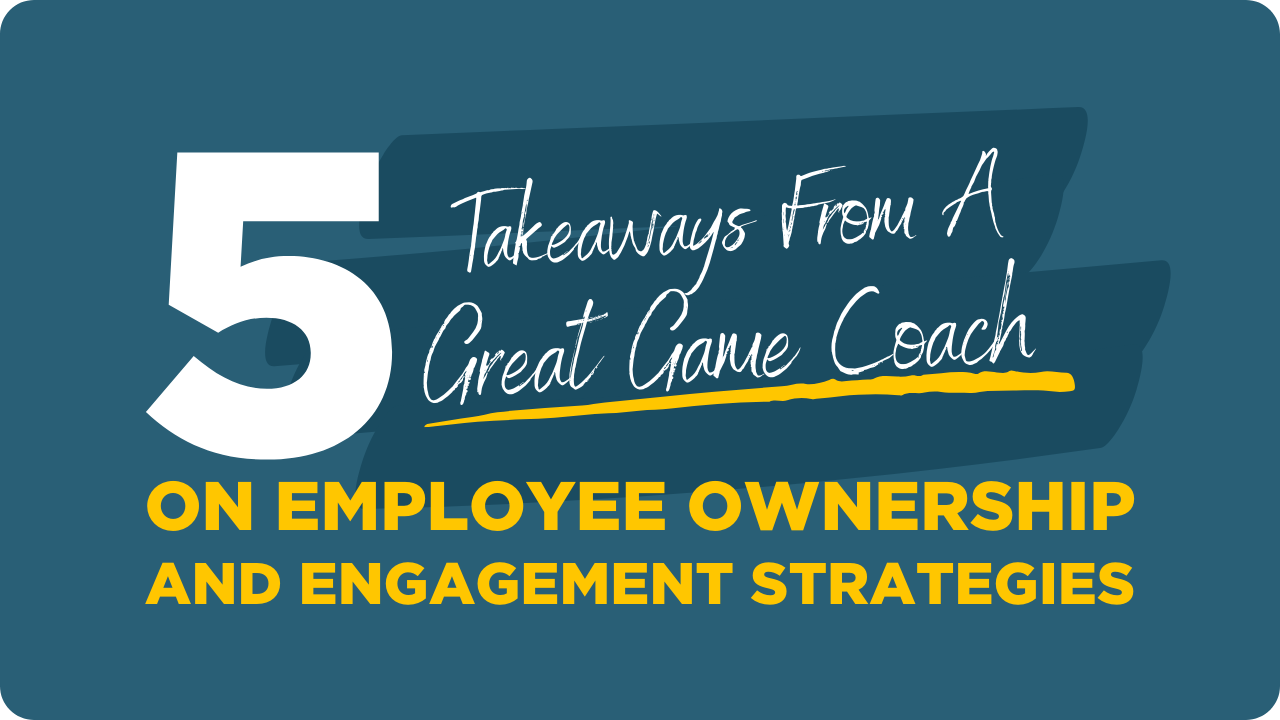UK’s Erasmus exit prompts laments on both sides of the Channel
Ameera Rajabali and Olivia Stanca-Mustea expended Christmas absent from home this year, but neither was specifically lonely.
The pair, from the British isles and Romania respectively, met as graduate college students in Heidelberg in 2015 immediately after taking section in the Erasmus European exchange programme. Just after bonding over their activities they grew to become greatest friends — dwelling, working and now paying out lockdown Christmas alongside one another in Berlin.
“Whenever you fulfill someone from Erasmus, you have an immediate bond,” explained Ms Stanca-Mustea, who expended a year at Durham University as section of the exchange.
For her, Erasmus made available access to large-calibre British isles programmes, when Ms Rajabali explained it introduced expanded horizons and new friends.
Foreseeable future generations, on the other hand, will not all take pleasure in the exact alternatives. Below the Brexit offer introduced previous week, the British isles will go away Erasmus immediately after 33 several years and hundreds of thousands of British isles contributors.
Erasmus is an EU programme that resources university college students to analyze abroad for a year or semester at a university in Europe. Due to the fact 2014, as Erasmus+, it has expanded to offer other alternatives such as perform placements and instruction exchanges.
While agreed jobs will go on to be funded, abroad analyze exchanges and other schemes will no longer be offered in the British isles or to British isles college students in Europe.
Previous Erasmus college students are mourning that Brexit will close what a lot of named the defining knowledge of their youth.
“It breaks my heart to know they are not only heading to lose access to this extraordinary plan but the close of freedom of motion will sever alternatives for them further more,” explained Flora Menzies, initially from Manchester who expended her year abroad studying in Italy.
Now 35 and head of viewers at London charity Into Movie, she explained her Erasmus year at the University of Bologna “quite literally” adjusted her life.
“The British isles has so a great deal to master from its European neighbours and I worry for a write-up-Brexit fact that is inward-hunting, culturally impoverished and regressive.”
Veronika Sohlström, whose household fled communist-period Poland for Germany, explained she could hardly ever have afforded to see the British isles had it not been for Erasmus, which funded her year at the University of East Anglia in 2006.
Now a programme supervisor at the Dag Hammerskjöld Foundation in Sweden, an international organisation focused on world-wide governance and peacebuilding, she credits her British isles research for her profession.
“The thought of this type of chance, that I could analyze in the British isles, could hardly ever have occurred for my mothers and fathers,” she explained. “For people like me who arrived from a household that did not have the money indicates, it opens doors.”
Past year, 54,619 people took section in British isles-led Erasmus alternatives, funded by grants totalling €145m. Of those, nine,993 ended up British college students on placements in Europe, with seventeen,768 Europeans coming to the British isles. The some others ended up contributors on vocational trainings and other Erasmus+ programmes.
Just after Brexit, those exchanges will be replaced by the Turing plan, a £100m British isles government programme for 35,000 college students to get section in international analyze placements in 2021/22.
“We have intended a actually international plan which is focused on our priorities, provides true value for cash and types an essential section of our promise to amount up the United Kingdom,” explained Gavin Williamson, the education and learning secretary.
But those working in the sector are sceptical.
Professor Paul James Cardwell, a legislation professor and Erasmus co-ordinator at the University of Strathclyde in Scotland, explained infrastructure covered by Erasmus — agreements on class credits, tuition service fees and other types of assistance — would now have to be renegotiated in a bureaucratic and expensive process.
The estimated £2,800 for each scholar covered by Turing funding appears meagre in contrast with this task and the expenses of flights, tuition and lodging in nations like Australia or the US.
“When exchanges are run correctly you have college students from all sorts of backgrounds get section. It improves those younger people’s very long-phrase prospects,” he explained.
“My worry is that in coming out of Erasmus, those college students are in the very long phrase not heading to have those alternatives.”
The Turing plan also handles only 50 percent of an Erasmus-model exchange, funding British college students on placements abroad but not those travelling to analyze in the British isles. Prof Cardwell explained this gave tiny incentive for foreign universities to get section in the programme and deprived British isles college students of the possibility to master along with some others from all over the earth.
Ireland explained it would fund hundreds of Northern Ireland college students to take part in the Erasmus exchanges by allowing them to register quickly at Irish institutions, at a cost of €2.1m for each year.
“This proposal is also a realistic expression of solidarity and aims to offer ongoing access to EU alternatives to younger people in Northern Ireland in what could be an unsure social and economic atmosphere,” explained Simon Harris, Irish minister for further more and bigger education and learning.
The British government insists the Turing programme will be an enhancement, affording access to alternatives beyond Europe for a more assorted selection of college students than the Erasmus programme.
But Professor Tanja Bueltmann, the daughter of a German seamstress and a manufacturing unit employee who was influenced to do a PhD immediately after Erasmus, explained the thought that it was a plan for the liberal elite was “nonsense”.
“It allows people from all types of distinctive class and social backgrounds to knowledge education and learning abroad,” explained Prof Bueltmann, who is now a chair in international history at the University of Strathclyde.
“When you are building a analysis atmosphere, you need college students, and when you have them from so a lot of backgrounds and activities you are all the richer. We’ll be a great deal poorer for this.”







